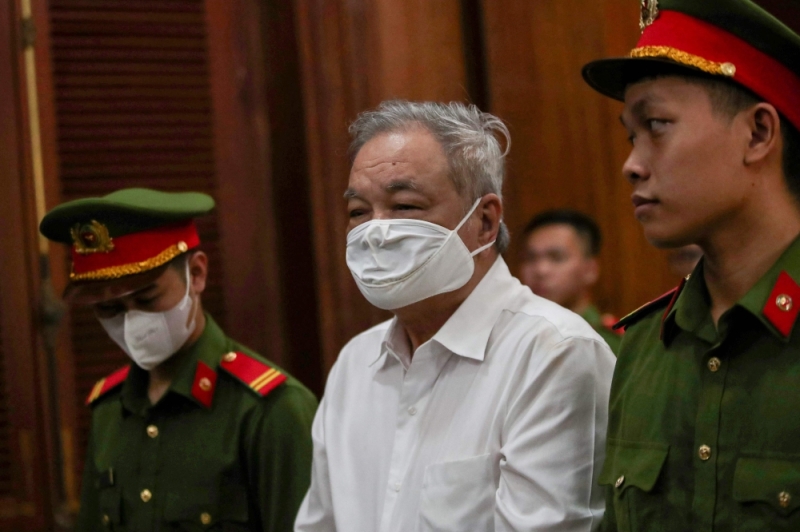Vietnam recently witnessed a significant event as its leading soft drinks tycoon faced an eight-year jail term in a fraud case amounting to $40 million. This development adds to the series of high-profile individuals caught in the country’s aggressive anti-corruption campaign.
Tran Qui Thanh, the 71-year-old chairman of Tan Hiep Phat beverage group, along with his two daughters, was found guilty of deceiving investors regarding loans issued during 2019 and 2020. The court in Ho Chi Minh City concluded that Thanh orchestrated schemes to unlawfully seize assets pledged as collateral against loans. Even upon repayment with interest, Thanh persistently refused to return the assets on various grounds, alleging contract breaches.
Thanh’s 43-year-old daughter, Tran Uyen Phuong, who serves as the company’s deputy CEO, received a four-year prison sentence, while his younger daughter, Tran Ngoc Bich, aged 40, was given a suspended three-year jail term. Tan Hiep Phat stands as one of Vietnam’s prominent beverage companies, renowned for its assortment of bottled tea and energy drinks.
Expressing remorse during his final court statement, Thanh expressed his regret and willingness to be held accountable. “I would like to be given leniency, allowing me the opportunity to return to society soon to continue my contributions and dedication,” Thanh stated.
Vietnam’s crackdown on corruption has ensnared several influential business figures. Notably, property magnate Truong My Lan recently received a death sentence for orchestrating a massive swindle, causing estimated losses of $27 billion. Alongside Lan, 85 others, including senior banking officials, faced justice for various charges such as bribery, abuse of power, asset appropriation, and violations of banking regulations.
In another significant case, luxury property tycoon Do Anh Dung was sentenced to eight years in prison for defrauding thousands of investors in a $355 million bond scam. Reports suggest that Dung and his son, who received a three-year jail term, have already repaid the $355 million.
